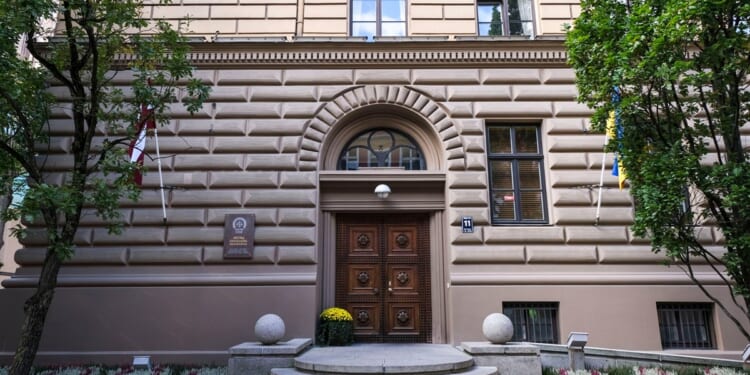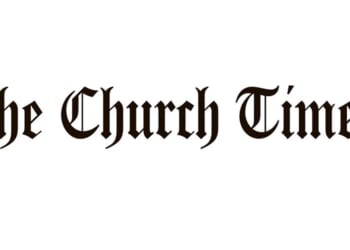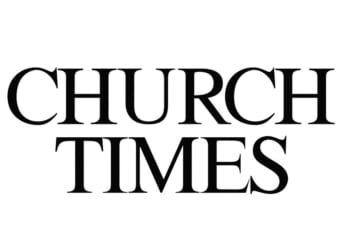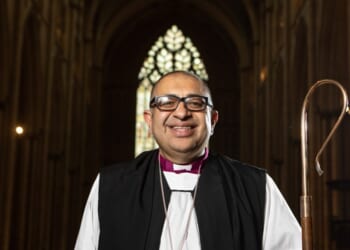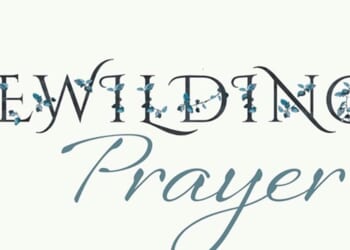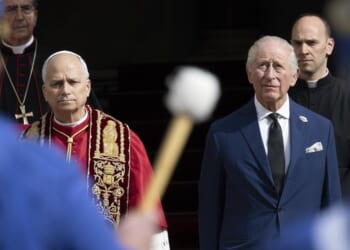LATVIA has become the first European country to confer official national status on a pagan religion, allowing its ministers to officiate at weddings, teach in schools, and serve as army and hospital chaplains.
The religion, Dievturiba, was suppressed under Soviet rule, but re-founded after Latvian independence in 1991. It is practised by about a dozen communities, with principal shrines at Lokstene and Jelgava.
Created as a modern version of ancient Baltic folklore, it worships a supreme being, Dievs, alongside other deities, including Mara (Earth Mother), and Laima (Fate). It was said by its founder, Ernests Brastiņš (1892-1942), to embody a “Latvian understanding of God”.
Article 2:2 of the Community Law, enacted by the Riga parliament, the Saeima, declares Dievturiba a “traditional religion in Latvia”, whose adherents have “preserved the nation’s spiritual heritage” and “maintained a longstanding tradition, faithful to spiritual and moral values”.
The Evangelical Lutheran Church, whose members make up one third of the 1.8 million inhabitants of Latvia, is an observer, but not a member, of the Porvoo Communion, and has three dioceses: Riga, the archdiocese; Liepaja; and Daugavpils.
In an interview on the World Council of Churches’ website, the Archbishop, the Most Revd Rinalds Grants, said this month that all Christian denominations in the country faced “tough challenges” from decreasing participation, as well as from an “increasing gap” between Christian culture and “the environment in which most of society lives”.
He said that “tensions and divisions” had arisen among Lutherans between those seeking adapt to “modern society’s demands” and those wishing “to preserve the authentic stance and message of the Church as it has been through the centuries”.
A Latvian MP, Janis Dombrava, said in a social-media post that recognition of Dievturiba would “strengthen Latvia’s values”, so that “no foreign, unacceptable faith takes their place.”
Communities following Dievturiba, formerly titled the Latvian Religion Society, will enjoy property rights, and their sacred sites and rituals will be protected under the new law. It is widely expected to set a precedent for legislation elsewhere in Europe.

